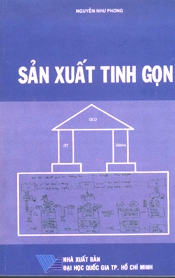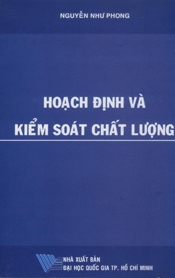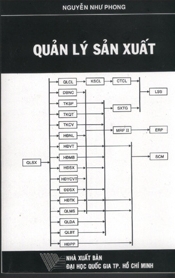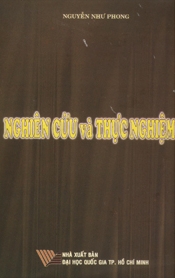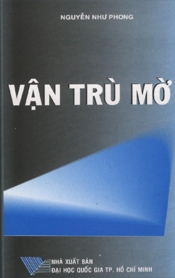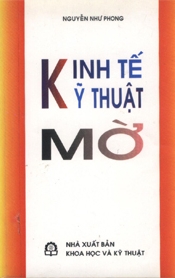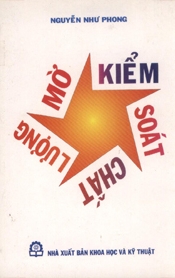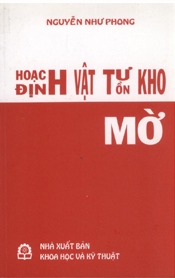
| Measuring advertising effectiveness using Logistic Models |
|
Measuring advertising effectiveness using Logistic Models: a case study. LM 01 Kristina Birch, Doctoral Student, M.Sc. 1 The Statistics Group Copenhagen Business School Abstract Measuring the effectiveness of market activities is crucial when it comes to media planning. In this case, pure single-source data have become available, which gives rise to a broader class of analyses. In order to analyse and measure the effects of advertising on consumer level using single-source binary data, logistic regression models can produce very misleading results if the variation between consumers is ignored. Various solutions to this problem are proposed. The conditional logistic regression model is presented, which, unlike the conventional logistic regression model, takes into account the fact that the same respondent is observed several times. The conditioning taking place is on the total number of positive responses, i.e. on the total number of purchases of the brand in question. However, this model only deals with the within-respondent effects. The between-respondent effect can be explored by using an over-dispersion model. Here, the models are briefly presented and used to analyse the exposure effects of advertising for various brands from the British Adlab database. Furthermore, the results are compared with results obtained by a model with random effects. Key words Panel data, brand choice models, adstock exposure, conditional logistic regression, logistic regression, random effects, AdLab database.
|



